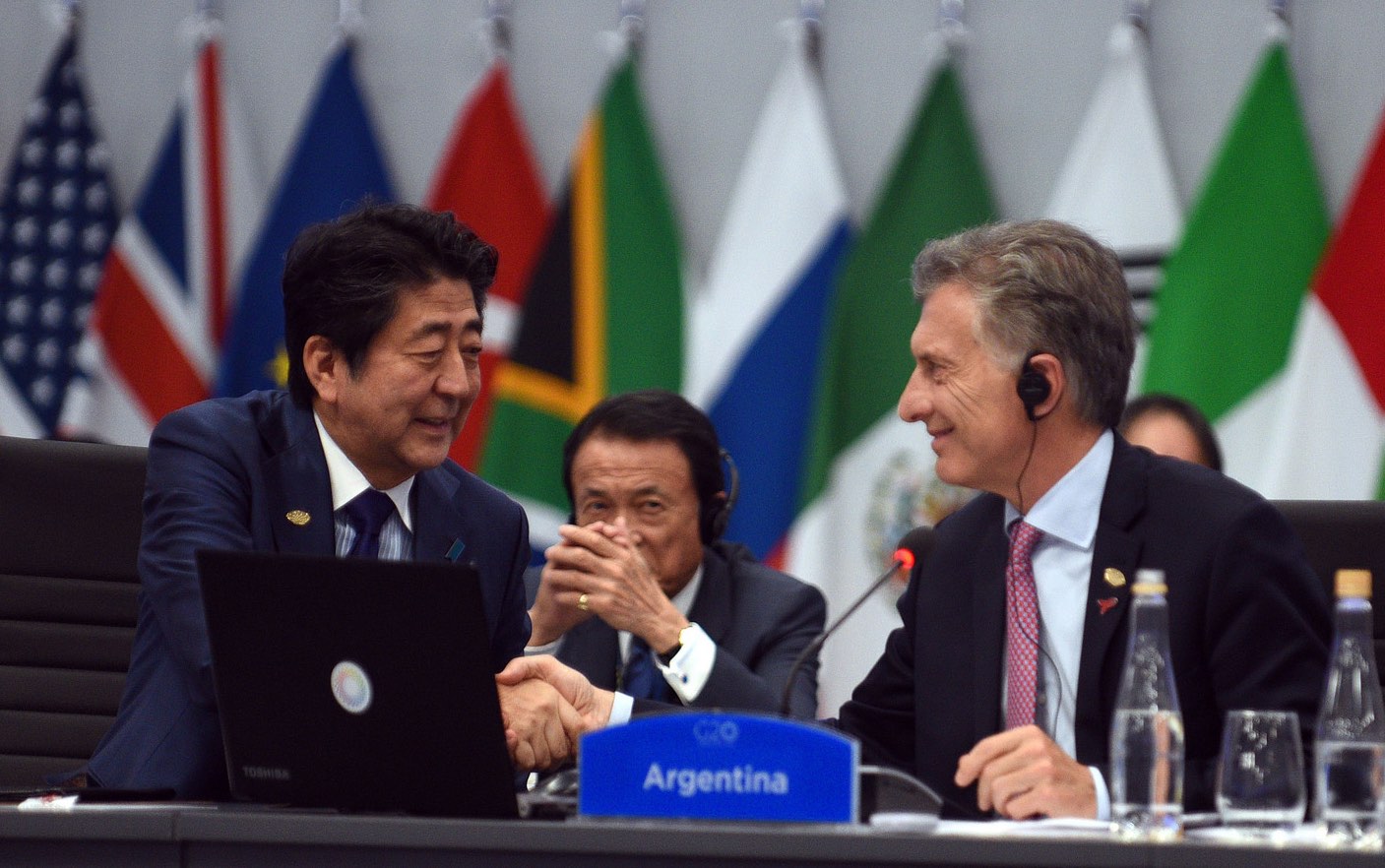This year marks the 10th anniversary of the first G20 Summit, held in Washington in 2008 at the height of the global financial crisis. At the 2018 G20 Summit, held Nov. 30-Dec. 1 in Buenos Aires under the auspices of the Argentina Presidency, world leaders faced a different set of challenges, from persistent hunger to the eruption of trade wars. They worked to build consensus on a range of topics including the future of work, infrastructure for development, the need for gender mainstreaming in global agendas, and a sustainable food future.
G20 leaders committed to the development of a sustainable, inclusive food system to address the world’s ongoing food security and malnutrition challenges.
Building on the 2014 G20 Food Security and Nutrition Framework, the leaders’ 2018 Declaration calls for supporting micro, small, and medium agricultural enterprises and for accounting for the specific needs of smallholder producers. G20 leaders also backed the overarching agenda of sustainable development, focusing on efforts to improve sustainable production in rural areas and emphasizing the importance of sustainable soil and water management practices. This will include increasing collaboration and sharing of new agricultural technologies and practices, as well as promoting the use of sustainable and effective traditional practices to protect biodiversity and effectively respond to climate-related challenges.
These food system issues were part of Argentine President Mauricio Macri’s efforts to focus this year’s G20 agenda on development, fairness, and sustainability—the theme of his country’s G20 Presidency is “Building Consensus for Fair and Sustainable Development.”
This agenda faces serious headwinds, including growing anti-globalization sentiments, unequal growth, and trade tensions, continuing civil conflict, and natural disasters and other climate-related threats. In their declaration, G20 leaders reaffirmed their commitment to a “rules-based” multilateral global order to respond, emphasizing the importance of the multilateral trade system as a means to drive growth, development, and job creation, and supporting reforms of the current WTO system to strengthen multilateral cooperation.
For food systems, pursuing this sustainability agenda will require more and better collaboration across countries and among public and private stakeholders and the scientific community in order to enhance productivity, upgrade global agro-food value chains to meet the needs of a growing population, and reduce global food loss and waste.
The 2018 G20 Summit also examined the key role of infrastructure in sustainable development and inclusive economic growth. Around the world, financing gaps are the biggest obstacles to improving infrastructure, so leaders pledged to attract more private investment for such projects. The declaration also endorsed the Roadmap to Infrastructure as an Asset Class and the G20 Principles for the Infrastructure Project Preparation Phase, which work toward standardizing contracts, improving project risk management, and identifying and addressing gaps in data.
The 2018 declaration drew in large part from recommendations of the T20 (Think 20), an alliance of think tanks and academia, including IFPRI that meets in parallel with the G20—particularly in investment and sustainable agriculture. The next G20 Summit will take place June 28-29, 2019, in Osaka, Japan.
Sara Gustafson is a Communications Specialist with IFPRI’s Markets, Trade and Institutions Division.







